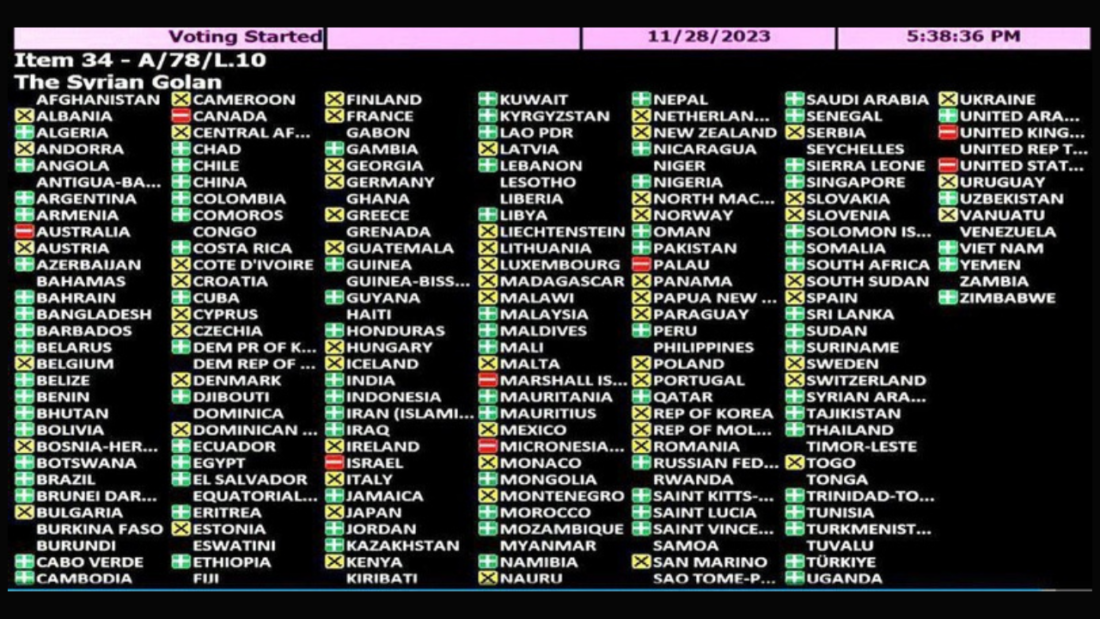
“Cyprus’ foreign policy” by Costas Christodoulides, Head of the International Relations and European Affairs Department of the C.C. of AKEL, Member of the C.C. of AKEL
Tuesday 16th December 2014, “HARAVGI” newspaper
 The government’s foreign policy, as announced by President Anastasiades on his election, has produced negative results which the Cypriot people are being urged to accept. The government’s obsession with Cyprus’ accession within the sphere of NATO’s interests, its obedient and subservient policy towards the European Union and the drive to establish Cyprus as a strategic partner of the US entails paying some price. The price is that Cyprus on the pretext of “modernizing” its foreign policy, may well on the one hand be forging alliances with the aforementioned organisations in order to serve communications games, but on the other hand Cyprus is losing the support of a number of other forces that have historically been supporting us, as well as losing its credibility. In addition, this has also had a negative impact as far as the Cyprus problem is concerned.
The government’s foreign policy, as announced by President Anastasiades on his election, has produced negative results which the Cypriot people are being urged to accept. The government’s obsession with Cyprus’ accession within the sphere of NATO’s interests, its obedient and subservient policy towards the European Union and the drive to establish Cyprus as a strategic partner of the US entails paying some price. The price is that Cyprus on the pretext of “modernizing” its foreign policy, may well on the one hand be forging alliances with the aforementioned organisations in order to serve communications games, but on the other hand Cyprus is losing the support of a number of other forces that have historically been supporting us, as well as losing its credibility. In addition, this has also had a negative impact as far as the Cyprus problem is concerned.
During the Israeli invasion of Gaza which was accompanied by 1,500 civilian victims, the European Union in its conclusions invoked Israel’s right to self-defence. The Republic of Cyprus abandoned its role as a bridge of peace in the Middle East and sided with the Western interests. The Republic of Cyprus was traditionally a bridge of diplomacy for the Palestinian people in Europe. In this way it had very good relations with other states in the Middle East, a fact that had a positive influence on the discussions surrounding the Cyprus problem and in particular with regards the non-recognition of the pseudo-state in the Islamic Conference and the Arab League. What positions is the Republic of Cyprus expressing today and in what direction is it driving our bilateral relations?
Furthermore, Israel and the NOBLE Energy Company are putting forth the position that a terminal station for the liquefaction of natural gas in Cyprus is unfeasible. At the same time Israel is supplying and planning to supply the entire region, not excluding supplying Turkey as well with its own natural gas. The government does not see the machinations that are unfolding and insists on not seeking a terminal station which to some extent will enable it, inter alia, to acquire some relative autonomy in its movements in Cyprus. Moreover, just recently the “Minister of Foreign Affairs” of the pseudo-state was invited and participated in a conference held in Israel, without any serious explanations given. The government did not respond to any of the self-evident questions that are subsequently raised. Is this accidental?
Furthermore, the US and the European Union are intervening in Ukraine and recognize the then coup d’état government which, inter alia, is renouncing the country’s historical relations with Russia. The country is facing a civil war in the east and the Russian-speaking population is in real danger, while Russia’s encirclement by NATO troops is obvious. The government supported within the framework of the EU Council the imposition of the embargo against Russia which has had enormous economic consequences and set in motion Moscow’s counter-embargo. As a result of the government policy pursued, the Republic of Cyprus’ relations with the Russian Federation sooner or later are paying a heavy obvious cost. The cost for this policy is dictated by the Western powers interests which in their insatiability to put the energy resources and routes under their control through diplomatic, economic and military means, want to lead Russia to isolation and weaken it. The government has still not explained what the Cypriot people have to gain from the policy being followed.
In conclusion, Cyprus spent its time participating in a campaign conducted within the framework of the “Western Alliance”. The British bases in Akrotiri are being used as a launching pad in the Middle East to combat the terrorist “Islamic State” organisation. Meanwhile, wherever the Western powers have intervened, in Iraq, Libya and Syria, the danger of partition is genuine. In Iraq there is the potential formation of three states, two in Libya and in Syria a civil war is on-going. Our neighbourhood is being shaken to its very foundations: new frontiers are being created, wars are breaking out, and violations of International Law are taking place which is supposed to sustain the struggle of the Cypriot people. The government has still not given any explanations as to how this benefits Cyprus. Nor has the government ever posed the question as to who financed, whether indirectly and directly, the creation of the “Islamic state” organisation and which the peoples are now suffering precisely from the consequences of these policies.
At the same time, Turkey’s political leadership is being praised by the new NATO Secretary-General Stoltenberg as a “force of security and stability in the region” even though Turkey is pouncing in the Exclusive Economic Zone of the Republic of Cyprus.
Let us not be considered as foreboders of bad developments but this serious regression from principled positions, as well as the international instability the imperialist circles are dragging us into, will only have negative repercussions for Cyprus. And these are not some kind of communication games, as certain circles and forces seek to benefit from.




